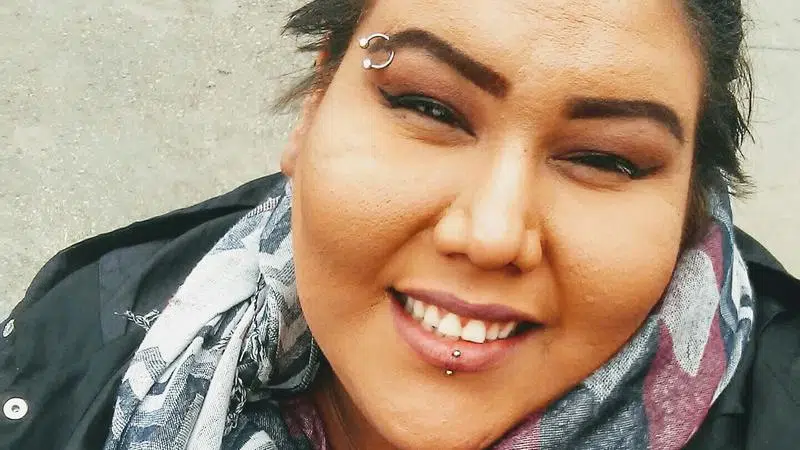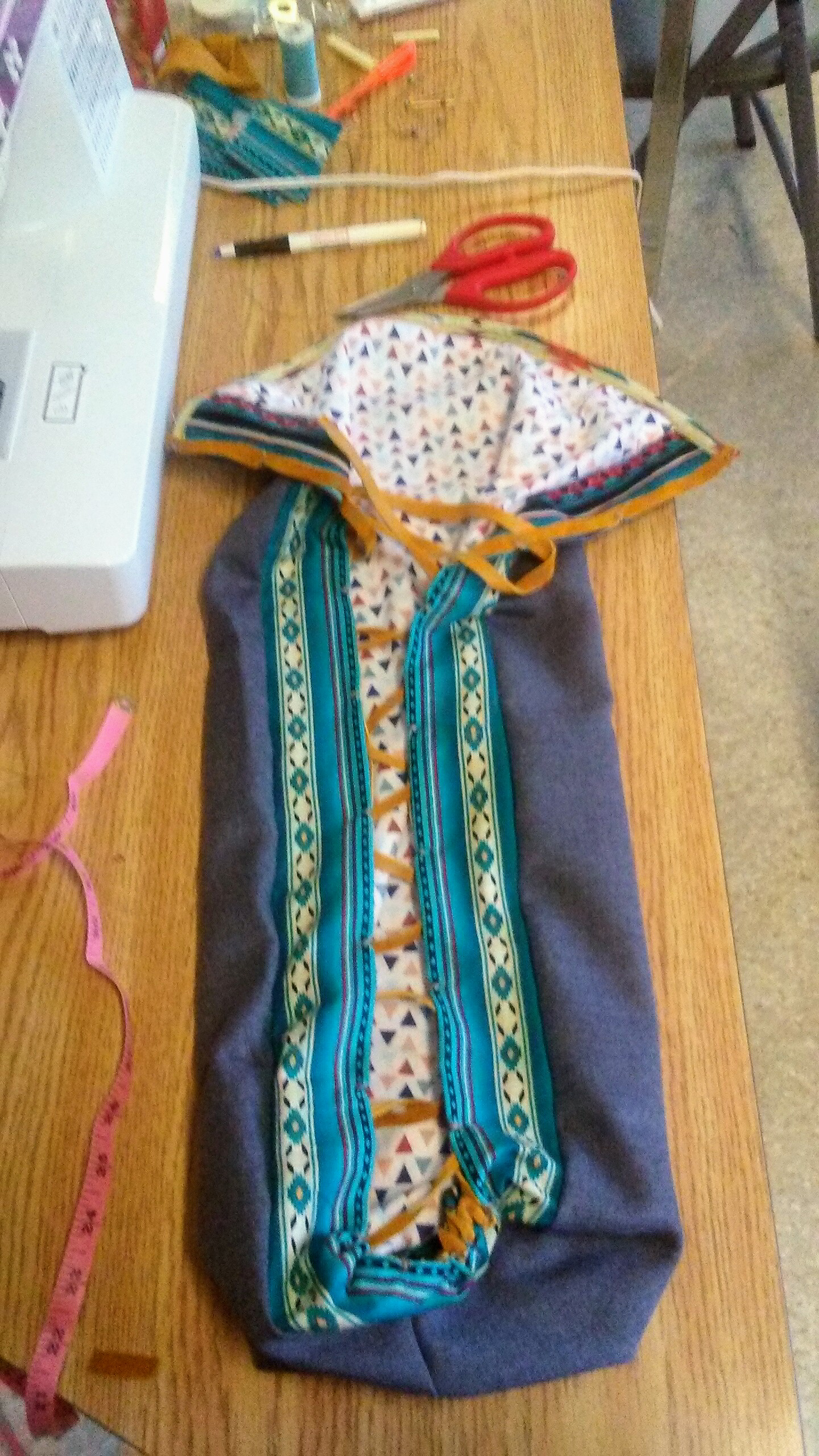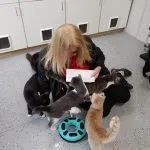
Local support worker breaks barriers for Indigenous women and mothers
A local woman is breaking barriers as a recent graduate from the Indigenous Birth Support Worker Program.
Dalanie Wahobin grew up in Meadow Lake and Waterhen Lake. She is among the first Indigenous women to take the course. She says she took the class to help prevent further cases of tubal ligation (sterilization) and to advocate for Indigenous women in hospitals.
“The nine (students) that had taken this course as Indigenous support workers and as doulas, we’ve actually made history,” Wahobin told meadowlakeNOW. “We were part of this first program to help Indigenous mothers. I feel honoured to be in this position and to able to advocate for these mothers. To be able to mentally and emotionally nurture them and to take on that role, is breaking barriers for Indigenous mothers and Indigenous people.”
The course is offered through Saskatchewan Health Authority (SHA), Gabriel Dumont Technical Institute and the Saskatoon Tribal Council.



